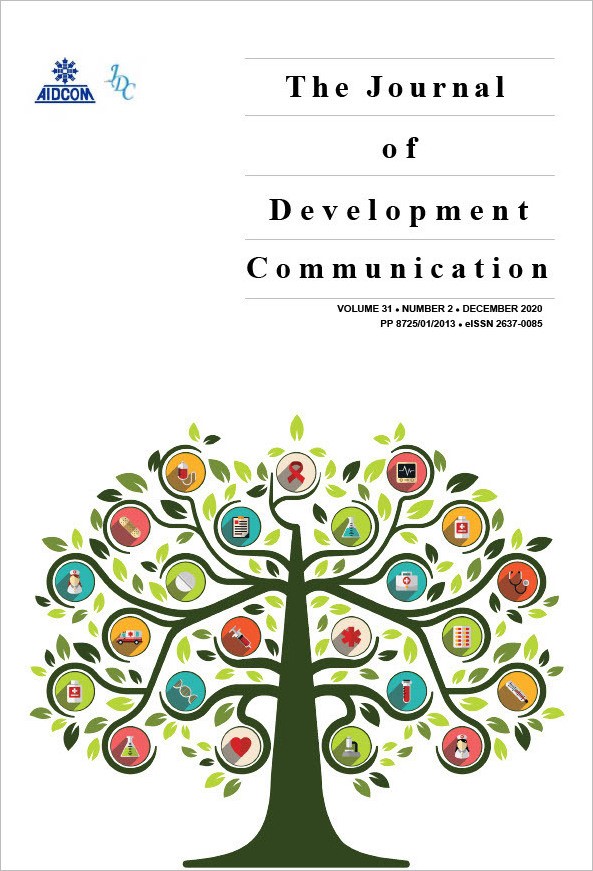DevelopmentCommunication
Communication for development or what can broadly be termed "Development Communication" is about dialogue, participation and the sharing of knowledge and information among people and organisations for sustainable development and social change.
This sharing of knowledge is important to reach a consensus for action that takes into account the interests, needs and capacities of all concerned in the development process. The importance of communication in achieving sustainable development is being well-recognised by international agencies, government and NGOs including the UN agencies.
Asian Institute for
Development Communication
Bridging communities through effective communication strategies for sustainable development across Asia and beyond.
Vision
Empowering societies to participate fully in realizing their human potential through the use of relevant communication strategies.
Mission
To contribute to equitable human development through the implementation of development communication programmes.
Objectives
Aidcom strives to promote dialogue, participation and the sharing of knowledge and information among people and organisations in order to inspire and empower sustainable development and social change.
Our Publications
Discover cutting-edge research and insights in development communication through our flagship journal and publications.
